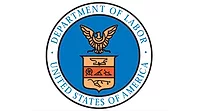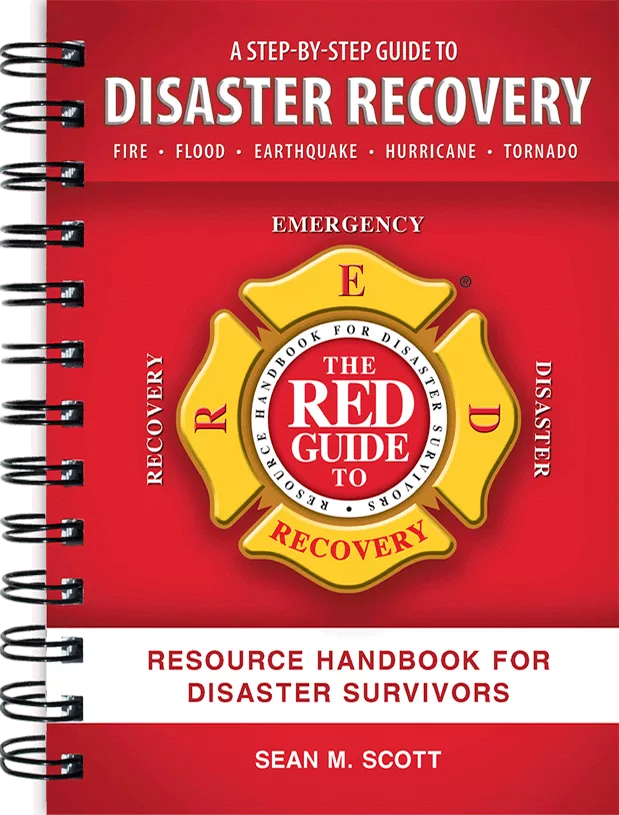Inflation rate jumps by biggest amount in 6 months
(AP) – June 13, 2008 - The inflation rate shot up in May at the fastest pace in six months, pushed higher by soaring costs for gasoline and other types of energy.
The Labor Department reported Friday that consumer prices rose by 0.6 percent last month, the biggest one-month increase since last November, as gasoline costs surged by 5.7 percent. Food prices, which have also been rising sharply, were up 0.3 percent as the cost of beef and bakery products showed big gains.
Core inflation, however, which excludes energy and food, edged up a more moderate 0.2 percent in May. That increase was right in line with expectations and should help relieve worries that the big increases in food and energy could be breaking through to more widespread inflation.
Ian Shepherdson, chief U.S. economist at High Frequency Economics, said that the moderate gain in core prices showed price pressures are remaining contained despite fears at the Federal Reserve.
The Fed, which from September through April was aggressively cutting interest rates to fight a mounting economic slowdown, is now indicating that its biggest concern has changed from the threat of a recession to worries about inflation.
In a speech Monday, Fed Chairman Ben Bernanke said that the Fed will "strongly resist an erosion of longer-term inflation expectations." Those comments have raised expectations that the Fed's next move later this year will be to start raising interest rates.
The 0.6 percent rise in overall prices was slightly higher than the 0.5 percent gain that economists had been expecting while the 0.2 percent rise in core prices matched expectations.
So far this year, consumer prices are rising at an annual rate of 4 percent, compared with a 4.1 percent increase for all of 2007.
Energy prices are rising at a 16.5 percent annual rate, compared with a gain of 17.4 percent for all of 2007, while food prices are rising at a 6.3 percent annual rate, up from a 4.9 percent increase for all of last year.
Analysts said the pressure in both the energy and food areas is likely to continue as global food shortages and rising demand push food prices up and energy costs continue to soar, reflecting a relentless surge in crude oil prices.
The energy increases have pushed the nationwide average for gasoline up to a record of $4.06 and private economists believe that price will keep climbing through the summer driving season.
The combination of rising inflation and weak wage gains contributed to another drop in weekly earnings. After adjusting for inflation, weekly earnings for nonsupervisory workers were down 1.2 percent in May, compared to a year ago, the Labor Department said in a separate report.
Energy prices were up 4.4 percent in May after being unchanged in April. The increase was led by a 5.7 percent jump in gasoline, the biggest one-month increase since last November, and gains of 0.9 percent for electricity, 10.4 percent for home heating oil and 5.6 percent for natural gas.
The 0.3 percent rise in food costs reflected a 1.5 percent jump in beef costs, the biggest rise in 13 months, and another steep increase in cereal and bakery products, which were up 1.6 percent.
Outside of food and energy, clothing costs fell by 0.3 percent and the cost of prescription drugs dropped by 0.7 percent, but airline tickets jumped 3.2 percent, the biggest gain in more than six years, reflecting the surge in fuel costs.
The Labor Department reported Friday that consumer prices rose by 0.6 percent last month, the biggest one-month increase since last November, as gasoline costs surged by 5.7 percent. Food prices, which have also been rising sharply, were up 0.3 percent as the cost of beef and bakery products showed big gains.
Core inflation, however, which excludes energy and food, edged up a more moderate 0.2 percent in May. That increase was right in line with expectations and should help relieve worries that the big increases in food and energy could be breaking through to more widespread inflation.
Ian Shepherdson, chief U.S. economist at High Frequency Economics, said that the moderate gain in core prices showed price pressures are remaining contained despite fears at the Federal Reserve.
The Fed, which from September through April was aggressively cutting interest rates to fight a mounting economic slowdown, is now indicating that its biggest concern has changed from the threat of a recession to worries about inflation.
In a speech Monday, Fed Chairman Ben Bernanke said that the Fed will "strongly resist an erosion of longer-term inflation expectations." Those comments have raised expectations that the Fed's next move later this year will be to start raising interest rates.
The 0.6 percent rise in overall prices was slightly higher than the 0.5 percent gain that economists had been expecting while the 0.2 percent rise in core prices matched expectations.
So far this year, consumer prices are rising at an annual rate of 4 percent, compared with a 4.1 percent increase for all of 2007.
Energy prices are rising at a 16.5 percent annual rate, compared with a gain of 17.4 percent for all of 2007, while food prices are rising at a 6.3 percent annual rate, up from a 4.9 percent increase for all of last year.
Analysts said the pressure in both the energy and food areas is likely to continue as global food shortages and rising demand push food prices up and energy costs continue to soar, reflecting a relentless surge in crude oil prices.
The energy increases have pushed the nationwide average for gasoline up to a record of $4.06 and private economists believe that price will keep climbing through the summer driving season.
The combination of rising inflation and weak wage gains contributed to another drop in weekly earnings. After adjusting for inflation, weekly earnings for nonsupervisory workers were down 1.2 percent in May, compared to a year ago, the Labor Department said in a separate report.
Energy prices were up 4.4 percent in May after being unchanged in April. The increase was led by a 5.7 percent jump in gasoline, the biggest one-month increase since last November, and gains of 0.9 percent for electricity, 10.4 percent for home heating oil and 5.6 percent for natural gas.
The 0.3 percent rise in food costs reflected a 1.5 percent jump in beef costs, the biggest rise in 13 months, and another steep increase in cereal and bakery products, which were up 1.6 percent.
Outside of food and energy, clothing costs fell by 0.3 percent and the cost of prescription drugs dropped by 0.7 percent, but airline tickets jumped 3.2 percent, the biggest gain in more than six years, reflecting the surge in fuel costs.
Looking for a reprint of this article?
From high-res PDFs to custom plaques, order your copy today!







